Fake milk is more complicated than you think
Just by browsing social networks or e-commerce platforms, people can easily come across "milk" of unknown origin, advertised with flattering words such as "helps babies grow 5cm after 1 month", "old people drink it and walk as quickly as young people", or "herbal milk specifically treats cancer", and then "after drinking it, you don't need to see a doctor" (?).
It is worth mentioning that most of these products do not have certificates from the Ministry of Health , do not publish quality standards and there is absolutely no scientific evidence to prove those sky-high promises.
The story of many products of the 500 billion VND fake milk line that was recently discovered to have even entered the 108 Military Central Hospital - a special national hospital, claiming to be the "victim" of the incident (whether true or not is a whole other story), shows that fake milk is a more complicated story than what management agencies and consumers can grasp.
The revelations of fake milk show that the "paths" of fake milk and social networks are truly twins.
Aiding false advertising: Social media cannot be innocent
The emergence of social media platforms with competition to attract accounts, trends, likes has now made social media no longer a place to share emotions or connect people to people. Social media has now naturally turned into a giant "sales channel".
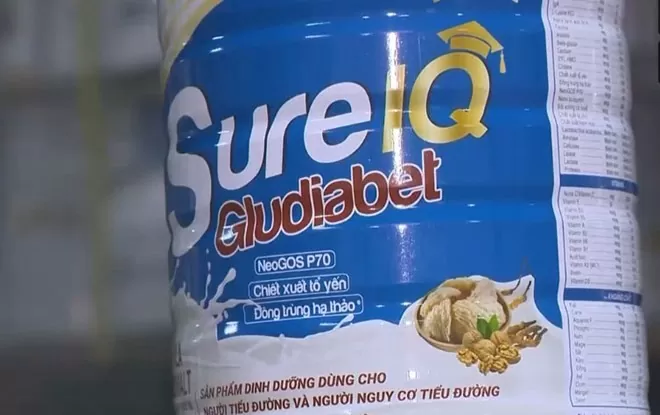 |
| A "brand" of a 500 billion VND fake milk ring has just been busted. |
What is worrying here is that, instead of being seen as an effective tool for the market, social media is a place where false advertising is rampant, especially in the fields of food, pharmaceuticals and cosmetics. A significant part of the current “crisis of trust” stems from the passive – even abetting – role of social media platforms.
From media tool to "advertising flea market"
Facebook, TikTok, YouTube and Instagram – platforms with tens of millions of users in Vietnam – have become fertile ground for “dirty” advertising. Groups, fanpages and even personal accounts with large followings are used to “review” products without verification.
Height-increasing milk, weight loss pills, liver-cleansing drinks, functional foods - all have exaggerated effects, accompanied by introductions such as "miracle drug", "recommended by experts" despite having no scientific evidence.
What is worrying is that the social network algorithm itself contributes to amplifying the problem, with KOLs who are eloquent but completely lacking in impartiality becoming mouthpieces for fake milk products. As a result, this “advertising flea market” has not only infiltrated but has also flooded the hearts of netizens.
The more intriguing and viral the content, the more it is prioritized for display. As a result, videos , clips, and articles containing false and sensational information can easily reach millions of people in just a few hours. Warnings and corrections are rare, and if they exist, they are quickly lost in the "forest" of junk information.
Are social media platforms of the modern era innocent? The answer is no. While they aggressively profit from advertising, their control of content is often superficial or only implemented after complaints.
The removal, warning, or blocking of violating accounts is still too slow and lacks effective sanctions. Currently, there is no clear mechanism to hold platforms jointly responsible when users are harmed by misinformation originating from their platforms.
"Double-edged sword" for consumers
Social media is no longer a double-edged sword. It can be a useful tool for transmitting information, but it can also easily become a breeding ground for false advertising.
As platforms continue to prioritize profit over truth, consumers need to be more vigilant than ever, even as information asymmetries make it difficult for consumers to escape the advertising matrix. It is time for regulators to take stronger action to keep social media from being left out.
| Fake milk is still thriving in Vietnam partly because of loopholes in management, partly because of consumer trust and lack of information. When trust is exploited for profit, the ones who suffer are always the weak - children and the elderly. It is time to take strong action to put an end to the "sky-high advertising" that is poisoning the market and public health. |
Source: https://congthuong.vn/sua-gia-tung-hoanh-nho-cho-troi-quang-cao-mang-xa-hoi-384036.html



![[Photo] Readers line up to visit the photo exhibition and receive a special publication commemorating the 135th birthday of President Ho Chi Minh at Nhan Dan Newspaper](https://vphoto.vietnam.vn/thumb/1200x675/vietnam/resource/IMAGE/2025/5/17/85b3197fc6bd43e6a9ee4db15101005b)
![[Photo] Nearly 3,000 students moved by stories about soldiers](https://vphoto.vietnam.vn/thumb/1200x675/vietnam/resource/IMAGE/2025/5/17/21da57c8241e42438b423eaa37215e0e)







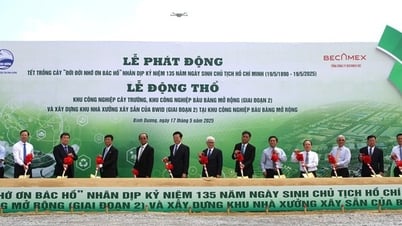










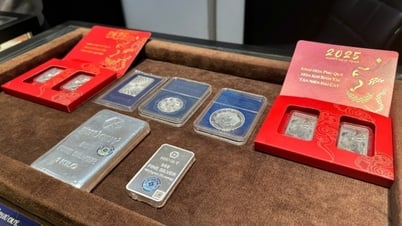
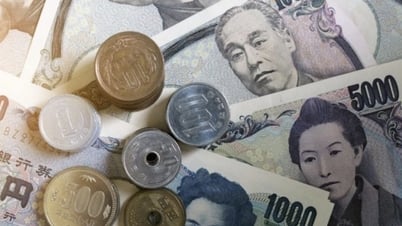
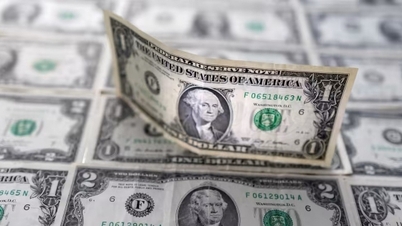


















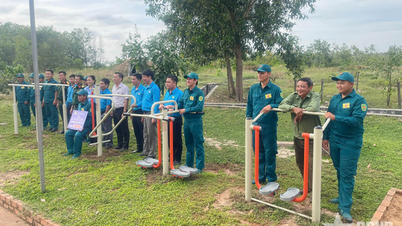



















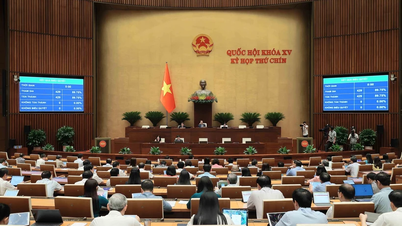








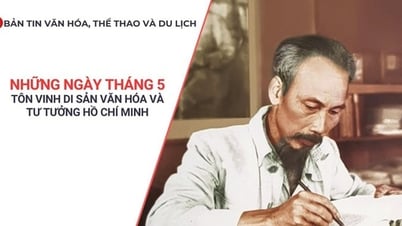
























Comment (0)